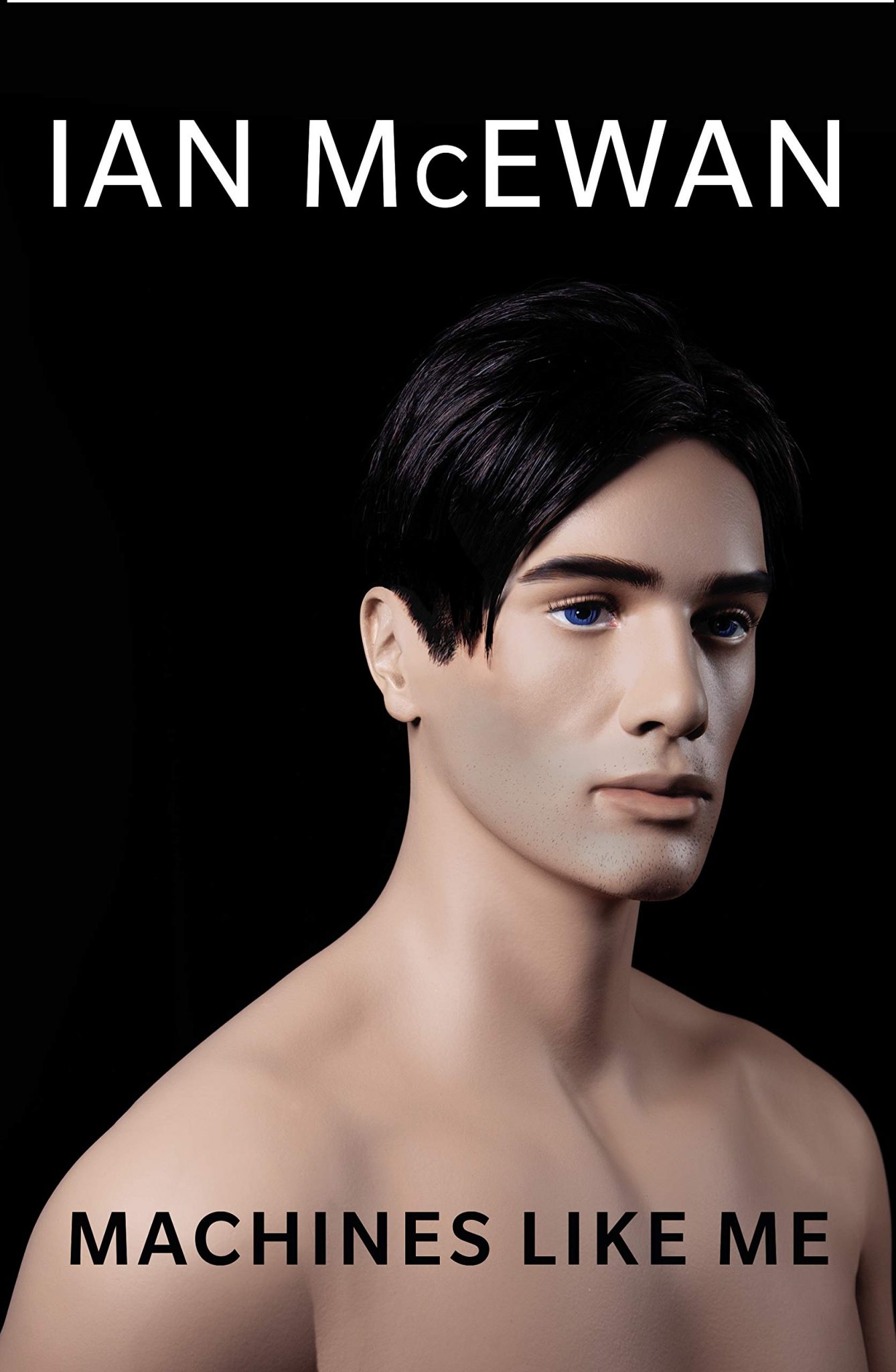Machines Like Me, the “subversive new novel” from Ian McEwan, is the story of Charlie, a very boring self-obsessed man; Miranda, his bimbo girlfriend; and Adam, his robot pal.
Set in a fictional eighties’ London, this often torturous tale winds its tedious way around the moral dilemmas surrounding artificial intelligence as Charlie debates the rights and wrongs of practically every action he and Adam take together while the vacuous Miranda thinks nothing of bedding the robot when the fancy takes her.
McEwan has painstakingly researched the eighties and is anxious to share the fruits of his labour with his readers, but the story is bogged down time and time again by page after page of minutiae as the author recounts every trivial fact that he has unearthed. Oddly, though, there is no feeling at all of eighties zeitgeist or the plastic-card-happy economy that prevailed in the London of that era. Charlie, it’s true, wheels and deals – fairly unsuccessfully – on the stock market, but only goes on a spending spree when the robot takes over and makes him money (never once thinking to just use his Barclaycard) and both he and Miranda bear little resemblance to their true-life Southern incarnations from the heady Thatcherite years.
There is a powerful and beautiful novelette lurking within the crammed pages of this verbose tome. The character of Adam is beautifully realised and his scenes remind us that we are indeed in the presence of the literary genius who brought us such fine works as The Cement Garden and Atonement, but the constant diversions into fictional eighties politics and the slavish adulation of Alan Turing – who makes an awkward cameo appearance in the latter half of the novel – bog down the narrative and spoil what could have been a beautifully original story.


Comments